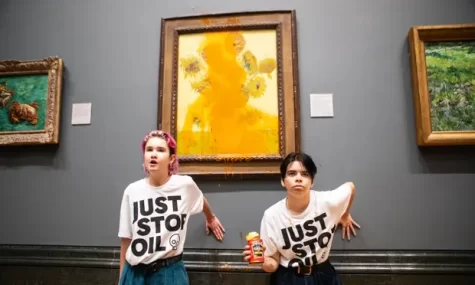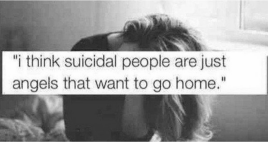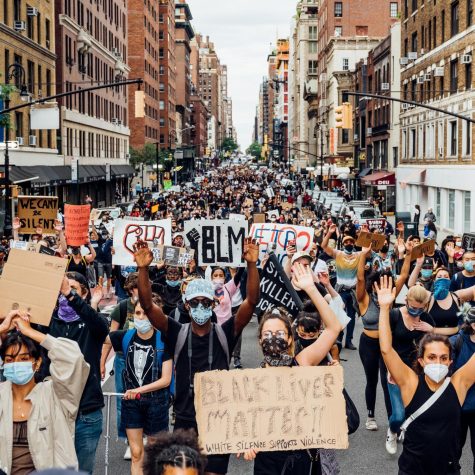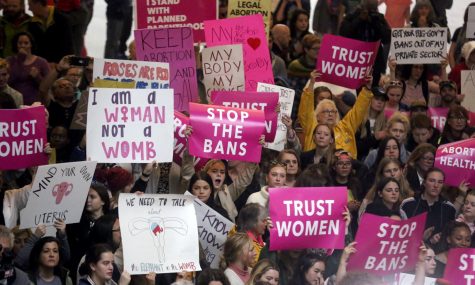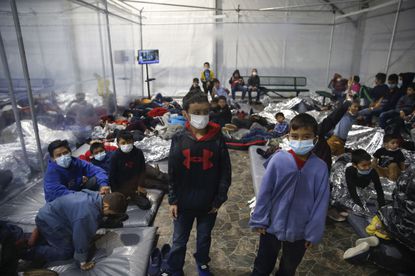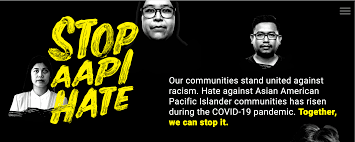What are Hate Crimes Against Disabled People?
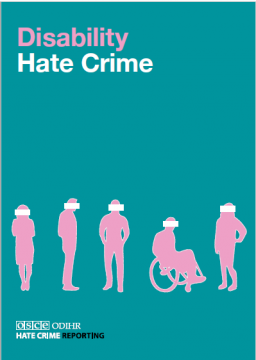
Hate Crimes Against Disabled People
People with disabilities are victims of violent crimes, physical and sexual abuse, neglect and exploitation at much higher rates than their peers without disabilities payps. The United States Department of Justice reports that the rate of violent crimes against people with disabilities was more than twice the rate experienced by people without disabilities. While each situation is unique, most violent crimes occur because people with disabilities are viewed as “easy targets.” This is due to an assumption that they are less capable of defending themselves physically. People with developmental disabilities are at particular risk because their cognitive abilities and social skills may be compromised, making them more susceptible to predators. In 2019, the Hate Crimes Protection Act was amended to expand protections for people with disabilities. In 2021, when announcing the first charges brought under the amended act, U.S. attorney Zane David Memeger said, “[Individuals with physical and mental disabilities] are among the most vulnerable in our society. They deserve to be treated with respect and compassion not violence.”
Between 2019 and 2021, nearly one million people with disabilities were victims of violent crimes, including rape, sexual assault, robbery and physical assault such as beatings, stabbings and other acts of violence. Unfortunately, these statistics reflect only the incidents that were actually reported to law enforcement. According to the U.S. Justice Department’s office for victims of crimes, many victim assistance agencies report that they rarely serve crime victims with disabilities, not because criminal acts don’t occur, but because many people with disabilities are often reluctant to report acts of physical aggression, domestic violence, sexual assault and other violent crimes. Despite the prevalence of abuse among people with disabilities, more than half of victims never seek assistance from law enforcement. The most common reasons that people gave for not reporting a crime to authorities are:
- Fear of reprisal
- Fear of getting an offender into trouble and, as a result, jeopardizing their own living arrangements or personal support
- Belief that the police wouldn’t or couldn’t not help
- Assumption that the crime wasn’t important enough to report
- Presumption that the victim would not be believed
Filed in US District Court, Eastern District of Pennsylvania
A grand jury brought criminal charges against these five named defendants for a total of 176 counts related to social security benefits that were rightfully owed to eight individuals with disabilities. Over a ten year period, the defendants targeted individuals with disabilities who had no family connections, offered them a place to stay, and became their representative payees. These individuals were victims of a conspiracy enterprise. They were subjected to violent crimes, murder, servitude, sex trafficking, hate crimes, were drugged and confined, moved across state lines in an effort to avoid law enforcement or Social Security Administration authorities, and forced in some instances to have children with members of the Weston family operation in order to increase the collection of social security benefits.
Weston pled guilty and was sentenced to life in prison plus 80 years.
My Own Experiences
My experiences being disabled have been completely different than what this article has detailed. I haven’t yet experienced sexual harassment, physical harassment, robbings, etc. However, I have experienced hate, examples of said hate being that people have told me I should watch where I’m walking because I never know what people are gonna do or how they’re gonna react because a partially blind, disabled kid bumped into them. I have also been told by teachers saying that I’m fine and I’ll get over my disabilities within a year or two.
Despite my negative experiences, I have also gotten plenty of love from friends, coworkers, teachers, family members, and others who have said that I have overcome a lot in my teenage years and that I should continue to fight and not give up because I’m now the strongest person they know. When I feel like giving up, I tell myself I’m capable of so much more than I could’ve ever imagined myself doing or accomplishing. The hatred I have gotten has made me not only stronger, but it has also taught me to not give up and to love who I truly am.
Microaggressions to Look Out For
There’s a whole host of microaggressions people with disabilities experience in particular all the time. When we talk about “diversity” and “intersectionality” what usually comes to mind are race, gender, religion, and sexuality, all of which are significantly important issues in the world of identity politics. That being said, the disability community is often an afterthought. Too often do we forget that people with disabilities too, have to deal with microaggressions on the regular. They can take place in everyday conversations, making them hard to call out unless you want to be looked down upon for making a big deal out of “nothing.”
Sources
On February 12th,2003 in Salt Lake City Utah, Carter Landeros was born. He is 16 years old
and is attending East High for his junior year. He can’t...

